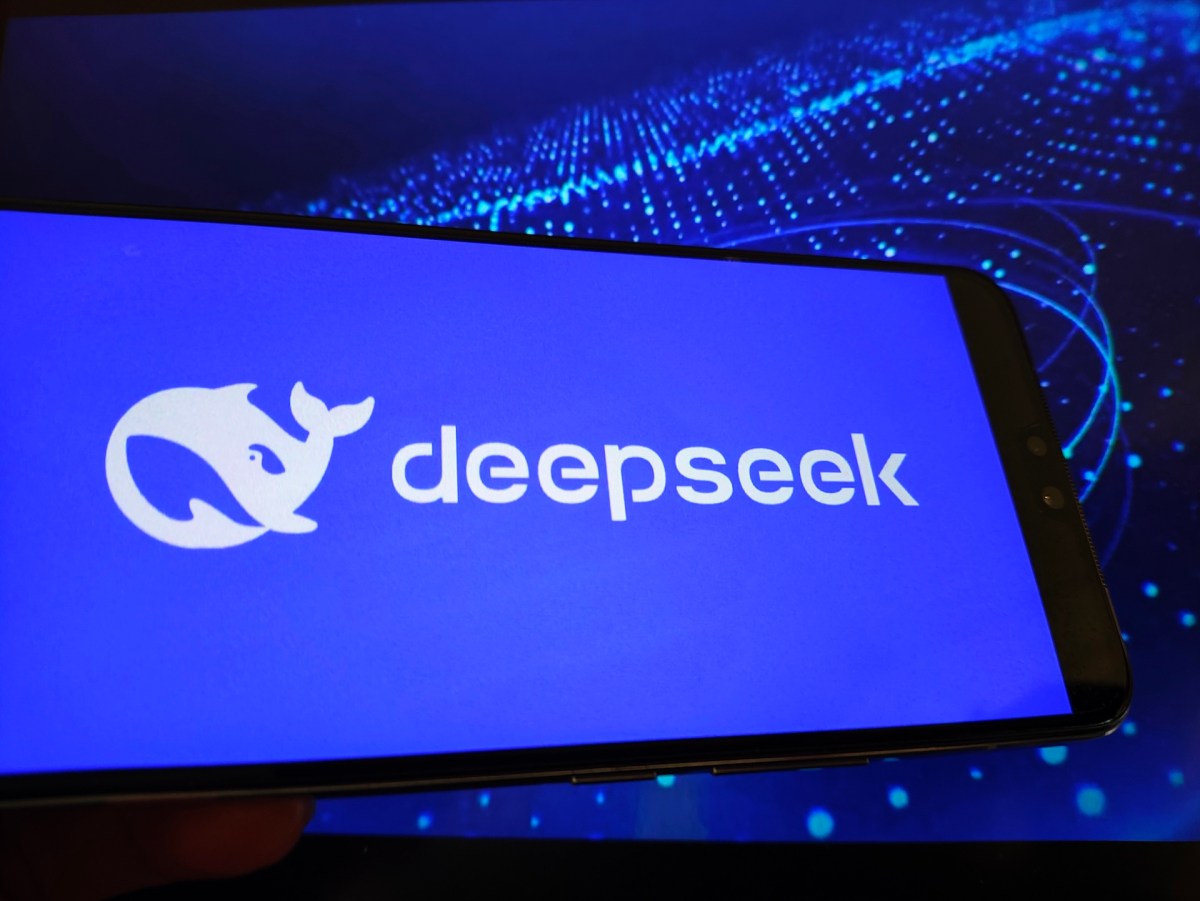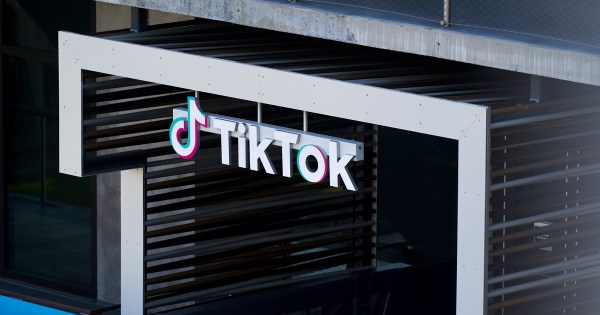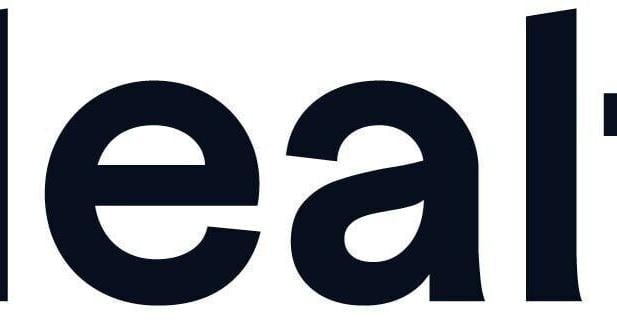Mailgo is an innovative AI-powered tool launched on June 3, 2025, designed to address challenges in cold email outreach. Founded by experts from Google and Microsoft in 2024, Mailgo enhances deliverability, generates leads, and streamlines sales communication. It features an AI-powered lead finder to identify high-quality prospects, a built-in warm-up process to improve email deliverability, and a personalized email writer that creates tailored outreach messages. Additional capabilities include time zone optimization for email scheduling, a unified inbox for managing responses, and real-time analytics to monitor campaign performance. Lauded for its affordability and efficiency, Mailgo has quickly become the top app on Product Hunt. The development team, led by Zheng Li, emphasizes that Mailgo was created to meet the evolving needs of modern marketers. For more information, visit their official website and Product Hunt page.
Source link
Mailgo Unveils Next-Gen AI Cold Email Outreach Tool
FDA Welcomes AI Advancements with Launch of New Tool ‘Elsa’
The FDA has introduced “Elsa,” a generative AI tool aimed at enhancing its operations by improving efficiency for employees like scientific reviewers and investigators. Announced ahead of schedule and under budget, Elsa was developed following a successful pilot and is built within a secure GovCloud environment to safeguard sensitive information. The tool is utilized for various functions, including accelerating clinical protocol reviews, summarizing adverse event reports, and prioritizing inspections, ultimately streamlining regulatory decision-making. FDA Chief AI Officer Jeremy Walsh emphasized that Elsa marks the beginning of a new AI era, with plans for ongoing capability enhancements based on employee feedback. Despite its advantages, the implementation of AI in federal agencies like the FDA poses risks, including bias, privacy concerns, and potential overreliance on automated systems, highlighting the need for careful monitoring and responsible governance to balance innovation with public trust.
Source link
DeepSeek Might Have Leveraged Google’s Gemini for Its Latest Model Training
DeepSeek, a Chinese AI lab, recently updated its R1 reasoning model, which excels in math and coding benchmarks. However, the source of its training data remains undisclosed, leading to speculation that it may include outputs from Google’s Gemini AI. Developer Sam Paech claimed to have evidence suggesting that DeepSeek’s model, R1-0528, resembles Gemini outputs, while another anonymous developer noted its “thoughts” align with Gemini traces.
Previously, DeepSeek faced allegations of relying on data from competitors, notably OpenAI, leading to suspicions of unethical practices like distillation—using outputs from superior models. OpenAI indicated it had found evidence linking DeepSeek to this practice, prompting increased security measures in AI firms to deter data extraction.
Despite these controversies, experts acknowledge that AI outputs can overlap due to contamination from “AI slop” on the web, complicating the issue of replicating rivals’ models. Security enhancements from companies like OpenAI and Google aim to address these challenges.
Source link
Is DeepSeek Using Gemini to Train Its AI? Here’s What We Know So Far
The AI community is buzzing with allegations that Chinese lab DeepSeek may have leveraged outputs from Google’s AI model, Gemini, to train its new reasoning-focused version, R1-0528. This model achieved impressive results in math and coding without revealing its training data, prompting scrutiny. Developer Sam Paeach observed similarities in phrasing and logical processes between R1-0528 and Gemini 2.5 Pro, further raising suspicions. DeepSeek has faced similar accusations in the past regarding its V3 model, which referred to itself as “ChatGPT,” and allegations of using a distillation method to train its models with data from larger AIs, like those of OpenAI. The AI landscape is increasingly competitive, with firms tightening security measures, including identity verification and summarizing internal model processes, to safeguard their technologies. This controversy highlights the ongoing tensions in AI development, with significant financial stakes involved in maintaining proprietary knowledge.
Source link
Envisioning a World Beyond Smartphones: The Next Technological Revolution
Sam Altman, CEO of OpenAI, and Jony Ive, former Apple designer, are collaborating on an innovative new tech device, hailed by Altman as potentially the most beautiful product ever created. Their partnership emerged after Ive’s hardware startup was acquired by OpenAI for $6.5 billion, positioning him as creative director for both entities. While specific details about the device remain vague, reports suggest it will be an AI-powered “companion” designed to seamlessly integrate into users’ lives, akin to essential gadgets like the MacBook and iPhone. The first product in this series is speculated to be a sleek, portable device, similar to an iPod Shuffle, set to launch around 2027. This venture aims to redefine human-AI interaction, focusing less on traditional screens and more on subtle, integrated solutions for a future beyond smartphones. Despite past criticisms, Altman and Ive’s collaboration aspires to set a new standard in technology.
Source link
Workday Launches Innovative AI Tools and Agents for Developers: Your Guide to Accessing Them
At Workday DevCon 2025, Workday introduced a suite of AI features aimed at simplifying app development amidst the growing complexity of AI tools. Key offerings in the developer toolset include “Agent Gateway,” which allows integration of third-party AI agents into Workday’s new Agent System of Record, enabling task management and collaboration among virtual employees. Developers can now also add AI-powered widgets like chatbots to their applications and integrate new AI features directly via expanded APIs for natural language queries related to finance and HR. Additionally, Workday launched a Developer Copilot, an AI assistant aimed at boosting developer productivity by up to 50% through natural language code generation and API recommendations. This initiative is part of Workday’s strategic shift from being solely a financial and HR management software company to a comprehensive AI platform for managing personnel, finances, and AI agents. These features are expected to be widely available by year-end.
Source link
Snowflake Enhances Marketplace with AI-Driven News and Data Applications
Snowflake has launched new agentic products and AI-ready data offerings on its Marketplace to enhance artificial intelligence applications with real-time content from leading news and market data providers. The upcoming Cortex Knowledge Extensions enable organizations to incorporate unstructured data from third-party sources like The Associated Press and USA TODAY, while ensuring proper attribution and intellectual property protection. These extensions facilitate a reliable ecosystem for licensed content, allowing content owners to monetize their materials through negotiated licensing. Additionally, Snowflake introduced the sharing of Semantic Models, enabling organizations to integrate structured, AI-ready data with internal and external datasets, enhancing the accuracy and reliability of AI outputs. The new Agentic Native Apps allow for the development and distribution of applications that can enrich enterprise AI capabilities. As of mid-2025, the Snowflake Marketplace connects users to over 750 providers, offering more than 3,000 data and application products, streamlining enterprise collaboration and governance.
Source link
Healthie Introduces Dev Assist: An AI-Driven Tool for Accelerating Healthcare App Development with Model Context Protocol (MCP) – WV News
Healthie has introduced Dev Assist, an innovative AI-based tool designed to streamline the development of healthcare applications. This tool leverages the Model Context Protocol (MCP) to provide developers with advanced capabilities, enabling rapid application creation while ensuring compliance with healthcare regulations. Dev Assist enhances productivity by offering smart suggestions and automating routine tasks, addressing the unique challenges faced in healthcare app development. By integrating artificial intelligence, it aims to simplify processes, improve efficiency, and foster innovation in the healthcare tech sector. This tool represents a significant step forward, allowing developers to focus on creating user-friendly and functional healthcare solutions more effectively than ever before. Healthie’s launch of Dev Assist reflects its commitment to transforming healthcare technology through advanced tools that empower developers.
Source link







